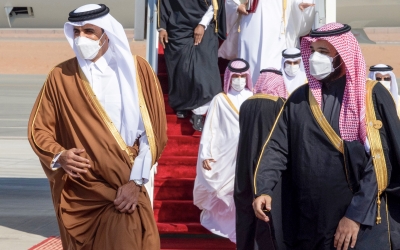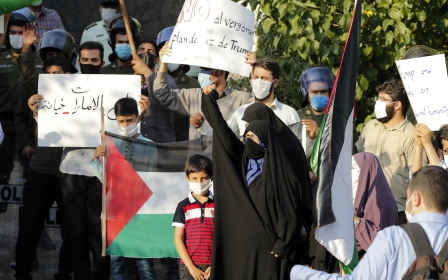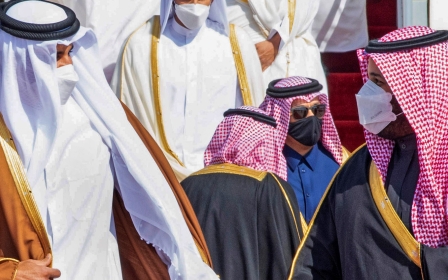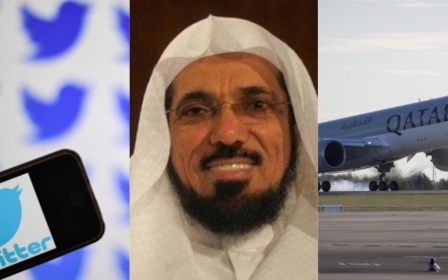Arabic press review: Regional media reacts to end of Qatar blockade
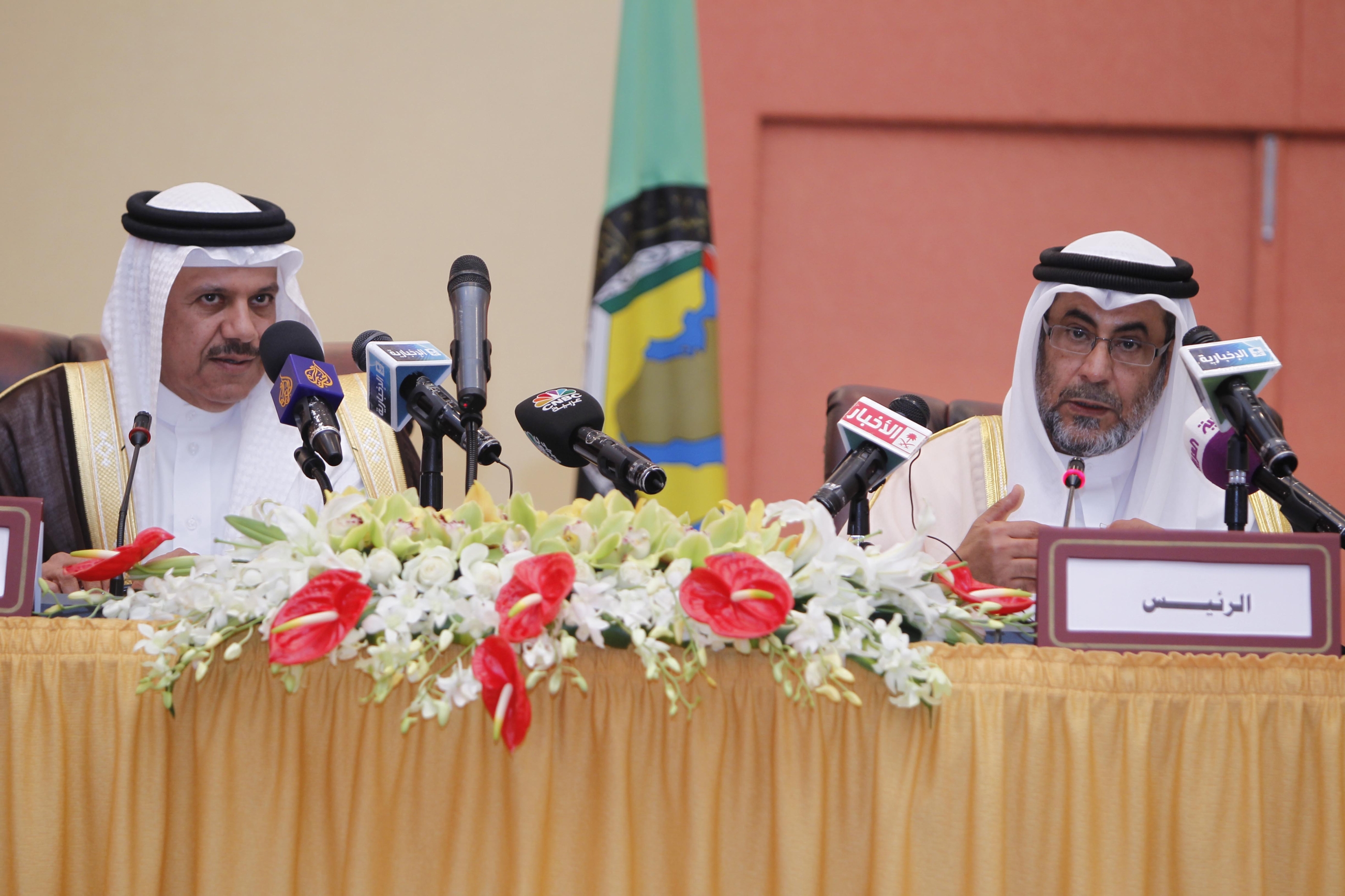
Bahraini diplomat attacks Gulf reconciliation
A former Bahraini diplomat has attacked the reconciliation between Qatar, Saudi Arabia and its allies that took place on Tuesday, ending a nearly three-year blockade imposed on Doha, declaring that "Doha and all Qatari lands belong historically to the kingdom of Bahrain”.
Writing in Bahraini newspaper Al-Ayam, Hamad Al-Amer, who is close to the ruling administration, asked: "What is happening around us? Where are we going? Is it rational to witness the collapse of values, traditions and heritage in the Muslim Arab Gulf? How can the bonds of history, brotherhood and the future be sold in exchange for personal interests?"
Al-Amer went on to ask: "How will the reconciliation be achieved in the light of the Turkish military presence? What is the future of Al Jazeera channel, which has waged the most ferocious media campaign against Saudi Arabia, Bahrain, the United Arab Emirates, and Egypt?"
Bahrain, as well as Egypt and the UAE, was among the countries to lift its embargo of Qatar on Tuesday.
Qatar business welcomes renewed Saudi trade
Qatari businessmen have meanwhile welcomed the decision to reopen the air, land and sea borders between Qatar and Saudi Arabia, arguing that the decision would boost trade and tourism, reported the London-based Al-Araby al-Jadeed.
Well-known businessman Ali Al-Khalaf said that the opening of the land, sea and air borders reduced many of the burdens, whether on the movement of tankers, vehicles or airplanes, that had made life difficult - and more expensive - for those trying to do business in Qatar.
The report cited Qatari businessmen as saying that within the three years of the blockade, Qatar had achieved self-sufficiency in many products, and had shifted from importing 90 percent of its dairy products to reaching self-sufficiency and exporting to foreign markets.
According to Khalaf, Qatar has maintained the high level it had reached in the food security index, rising from 22nd position to 13th.
The businessmen pointed out that Qatar had witnessed the implementation of hundreds of projects to manufacture products that used to be imported from neighbouring countries during the embargo.
With the reconciliation, Doha hopes it will have the opportunity to export these products to neighbouring countries.
Saudi journalist: Qatar has met our demands
Veteran columnist Abdulrahman Al-Rashed, who is thought to be close to Saudi Crown Prince Mohammed bin Salman, said Qatar had addressed most of the demands submitted by the Gulf states over the past 40 months.
Saudi Arabia and its allies made a list of 13 demands upon which an end to the embargo had been conditioned. Qatar rejected the demands, describing them "unrealistic" and "not actionable". It remains unclear so far whether any of these requests have been met prior to the end of the embargo.
In an article published in Asharq Al-Awsat newspaper, Rashed explained: "I think Qatar has fulfilled most expectations, as the leaders of the Muslim Brotherhood and most of the opposition of the four countries have left the country. The Qatari government adjusted its banking systems in consultation with the US financial authorities, and moved most of its media operations from Doha to other countries. It is noticeable that the Qataris have made considerable efforts to reconcile with the four countries involved in the dispute."
Rashed added that: "The reconciliation may not fulfil all our wishes, yet it remains a positive step for all. In the coming months, more steps could be taken to increase the level of cooperation... Harmony among these states will bring regional changes, and increase the momentum of reconciliation between other countries in the region that are heavily affected by the Gulf conflict."
*Arabic press review is a digest of reports that are not independently verified as accurate by Middle East Eye.
Middle East Eye delivers independent and unrivalled coverage and analysis of the Middle East, North Africa and beyond. To learn more about republishing this content and the associated fees, please fill out this form. More about MEE can be found here.


